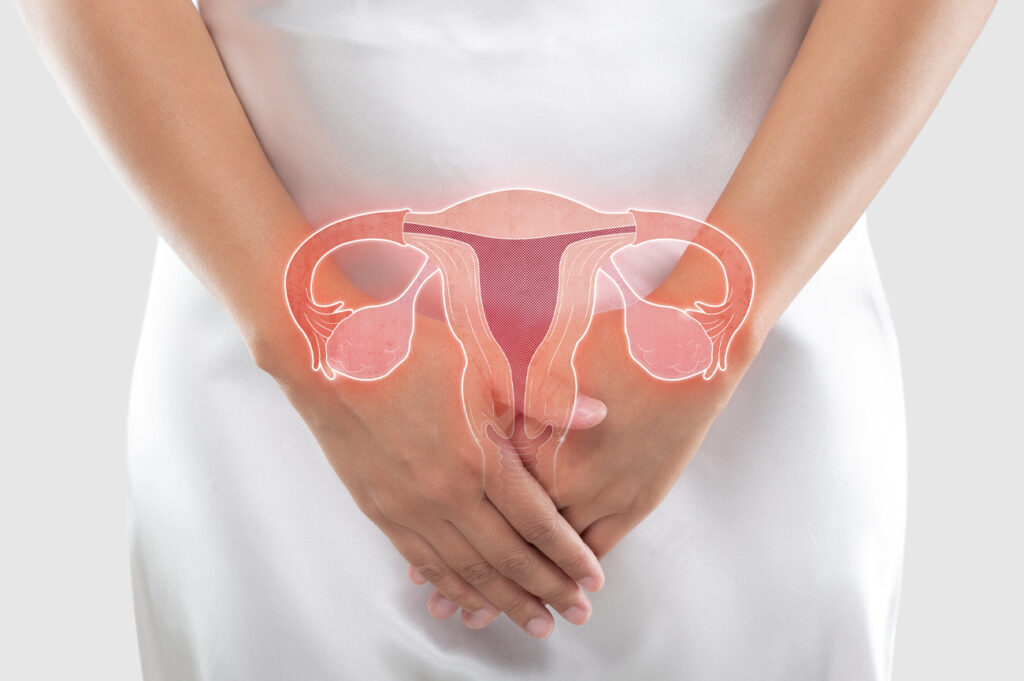
Women & Heart Disease: What to Know
What’s the leading health risk for women, causing more deaths than all cancers combined? It may surprise you to learn that it’s heart disease. Women may have warning signs that go unnoticed for weeks or even years before a heart attack occurs. It’s important to know your risk of heart disease, and what can be done to lower the chances of a heart attack or stroke.
What are some symptoms of a heart attack?
Because some heart disease symptoms in women can differ from those in men, women may not know what to look for. Many times men have the “classic” heart attack signs including tightness in the chest, shortness of breath, and pain in their arms. Women’s symptoms may resemble those of men, but also show other symptoms, such as:
- Nausea or vomiting
- Sweating
- Pain in the neck, jaw, shoulder, upper back or abdomen
- Shortness of breath
- Unusual fatigue
- Pain in one or both arms
- Lightheadedness or dizziness
- Heartburn (indigestion)

These symptoms may be vague and not as noticeable as the chest pain often associated with heart attacks. This may be because women tend to have blockages not only in their main arteries but also in the smaller ones that supply blood to the heart.
Heart disease risk factors for women
Several risk factors for heart disease such as high cholesterol, high blood pressure and obesity affect both men and women, but other factors may play a bigger role in the development of heart disease in women.
Heart disease risk factors for women include:
- Menopause. Low levels of estrogen after menopause increase the risk of developing disease in smaller blood vessels.
- Smoking. Smoking is a greater risk factor for heart disease in women than it is in men.
- Diabetes. Women are more likely to develop heart disease than are men with diabetes. Also, because diabetes can change the way women feel pain, there’s an increased risk of having a silent heart attack.
- Emotional stress and depression. Depression may make it difficult to maintain a healthy lifestyle and follow recommended treatment for other health conditions.
- Inactivity. A major risk factor for heart disease is lack of physical activity.
- Family history of early heart disease. This has been shown to be a greater risk factor in women than men.
- Inflammatory diseases. Rheumatoid arthritis, lupus and other inflammatory conditions may increase the risk of heart disease in both men and women.
How can we help?
The American Heart Association and the American College of Obstetricians and Gynecologists recently issued a joint advisory encouraging OBGYN physicians to screen and counsel women about heart health during annual well-woman exams. Dr. Polcino provides wellness women exams where he speaks to patients about heart-healthy screenings, which include:
- A thorough family history analysis.
- Screening for heart disease risk factors such as smoking, high blood pressure, diabetes and abnormal cholesterol levels.
- Counseling women about healthy lifestyle changes, such as improving their diet and increasing their physical activity, if needed.
If you have any questions, please contact the office and we’d be happy tp help!


